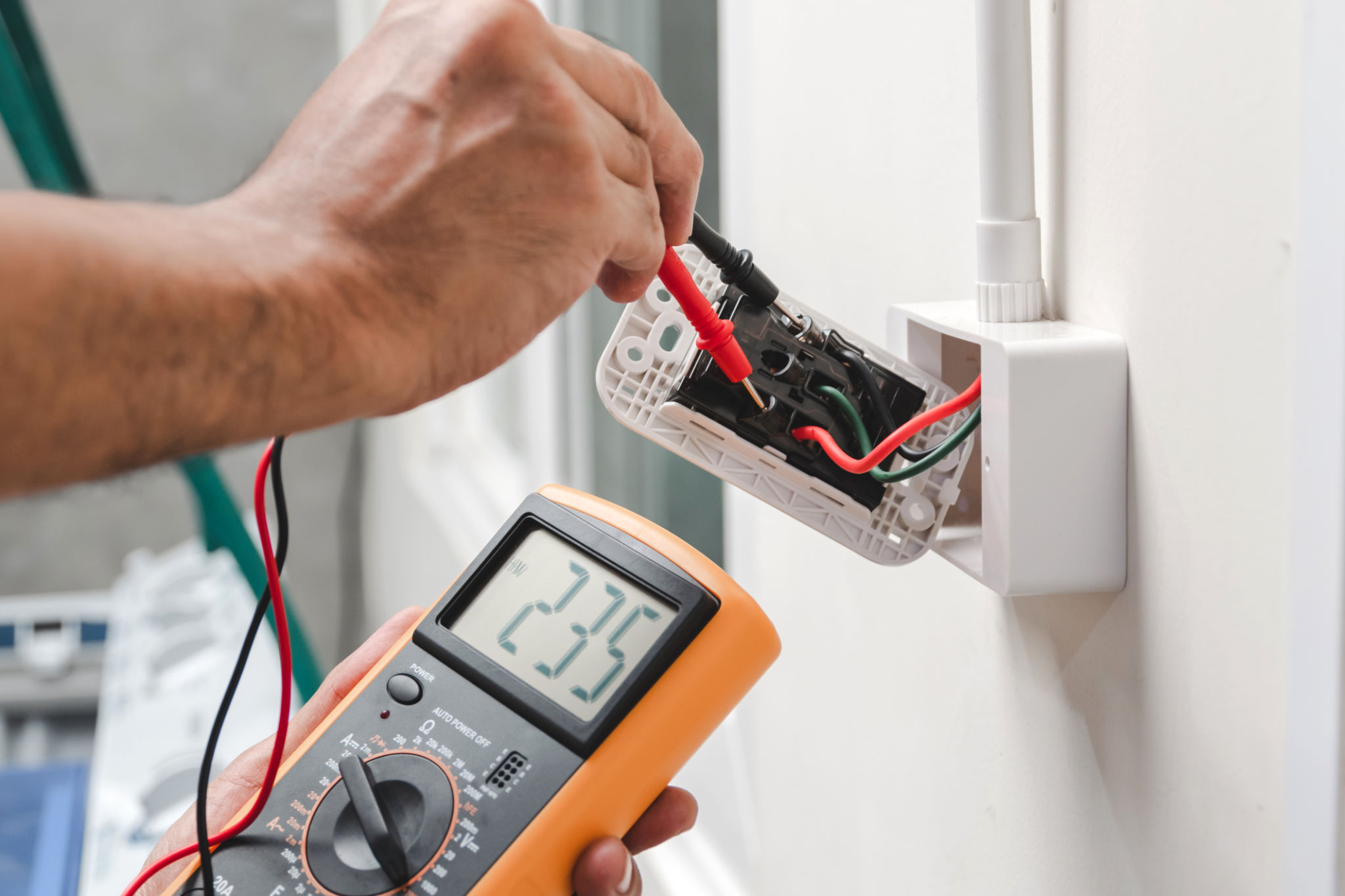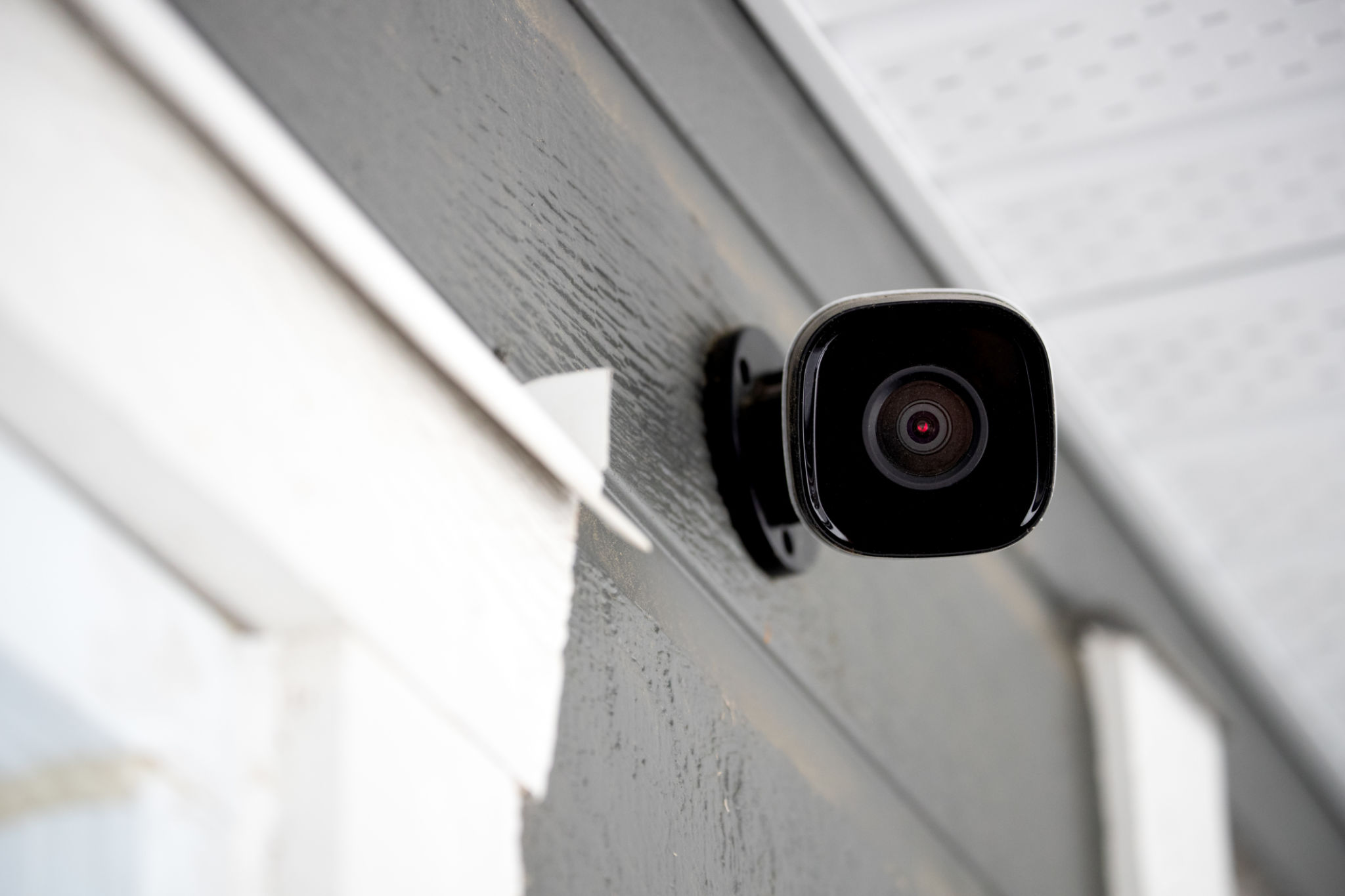Comprehensive Guide to Electrical Engineering Designs for Modern Homes
Understanding the Basics of Electrical Engineering for Modern Homes
Electrical engineering is a vital component of modern home design, ensuring that all electrical systems work efficiently and safely. As the demand for smart homes and energy-efficient systems grows, understanding the fundamentals of electrical engineering is more important than ever. Whether you're building a new home or renovating an existing one, knowing how to integrate advanced electrical designs can significantly enhance your living space.
Modern homes are a blend of comfort, technology, and sustainability. To achieve this, electrical designs must be meticulously planned and executed. From lighting systems to energy management, every aspect plays a crucial role in the overall functionality of a home. This guide will walk you through the essential elements of electrical engineering designs tailored for modern homes.

Essential Components of Electrical Designs
Smart Lighting Systems
One of the most significant advancements in modern home design is smart lighting. These systems allow homeowners to control lighting remotely, adjust brightness levels, and even change colors to suit different moods. Smart lighting can be integrated with voice-controlled devices, offering convenience and energy savings.
Implementing smart lighting requires careful planning of circuits and switches. It's essential to work with an experienced electrician to ensure that all components are compatible and installed correctly. This setup not only enhances the ambiance of your home but also contributes to energy efficiency.

Energy Management Systems
Energy management is a key focus in modern electrical engineering designs. Systems such as solar panels, energy-efficient appliances, and smart meters help reduce energy consumption and lower utility bills. By incorporating these technologies, homeowners can monitor and manage their energy usage effectively.
Integrating renewable energy sources like solar panels requires an understanding of load calculations and inverter placements. Ensuring seamless integration with the grid and backup systems is crucial for maintaining a reliable power supply.

Safety Considerations in Electrical Design
Circuit Protection
Safety is paramount in any electrical design. Circuit protection devices such as circuit breakers and surge protectors are essential for preventing electrical overloads and protecting appliances from damage. These devices should be strategically placed to cover all critical areas of the home.
Additionally, implementing ground fault circuit interrupters (GFCIs) in areas prone to moisture, like bathrooms and kitchens, is crucial for preventing electric shocks. Regular maintenance and inspections can ensure that all safety devices function correctly.
Home Automation Security
With the rise of smart homes, security has become a significant concern. Home automation systems must be designed with robust security measures to protect against cyber threats. This includes secure Wi-Fi networks, encrypted communications, and regular software updates.
Working with professionals who specialize in smart home security can provide peace of mind. They can recommend and install systems that safeguard your home's network against unauthorized access while allowing you to enjoy the convenience of automation.

The Future of Electrical Engineering in Homes
The future of electrical engineering in homes looks promising, with continuous advancements in technology. Emerging trends such as wireless power transfer, advanced battery storage solutions, and AI-driven energy management systems are set to revolutionize home designs further.
Staying informed about these developments can help homeowners make informed decisions when upgrading their home's electrical systems. By embracing these innovations, you can ensure your home remains functional, efficient, and ready for the future.
In conclusion, comprehensive electrical engineering designs are integral to creating modern homes that are safe, efficient, and adaptable to technological advancements. By focusing on smart systems, energy management, and safety protocols, homeowners can enjoy enhanced living experiences while contributing to a sustainable future.